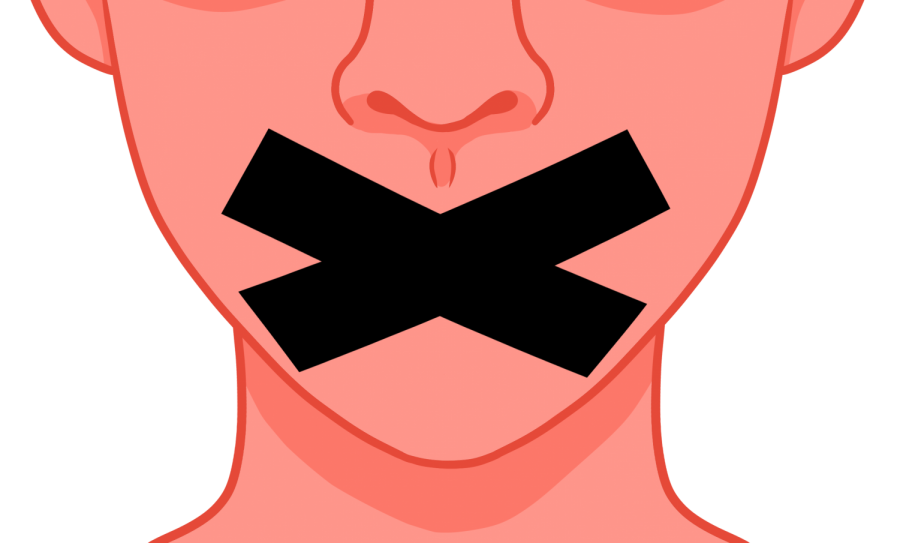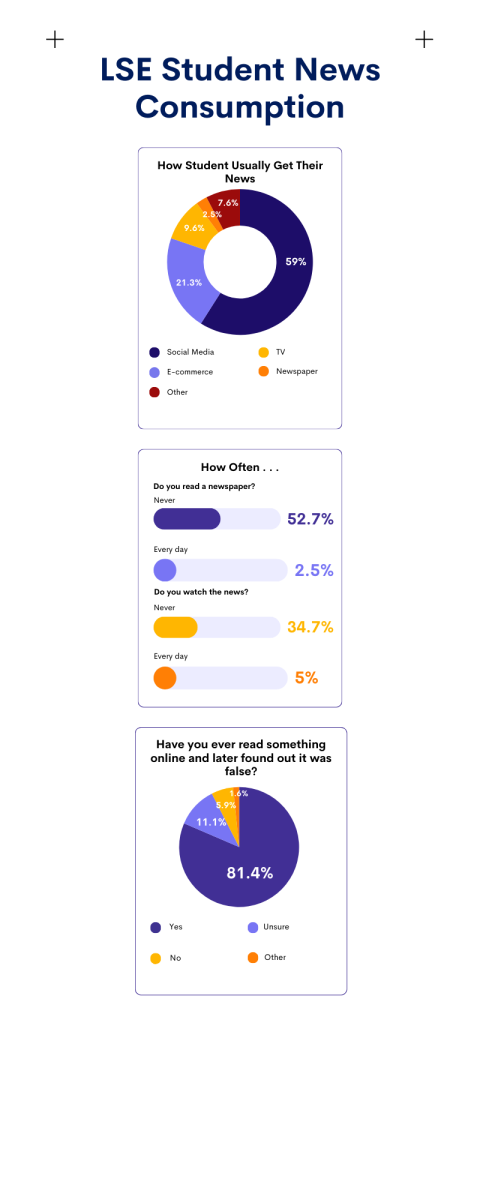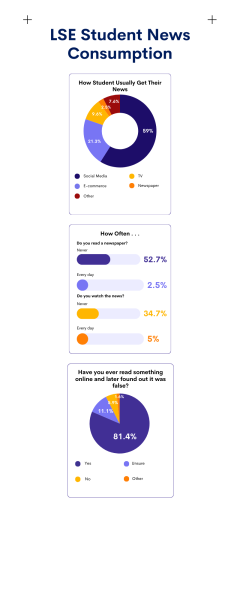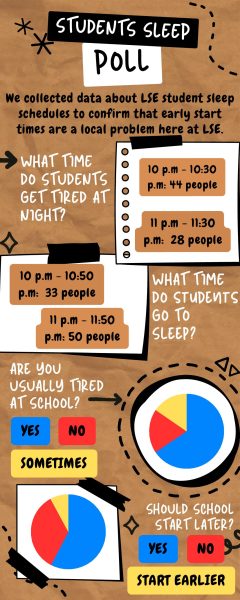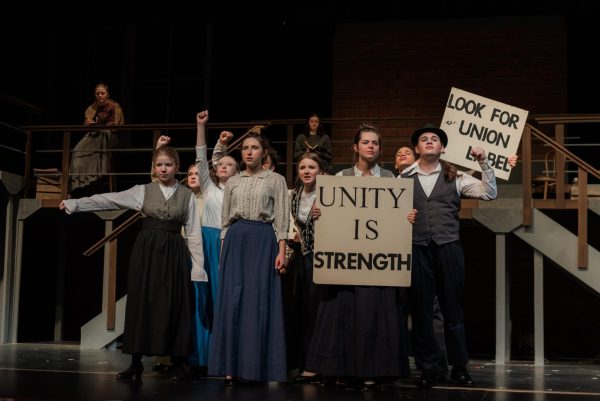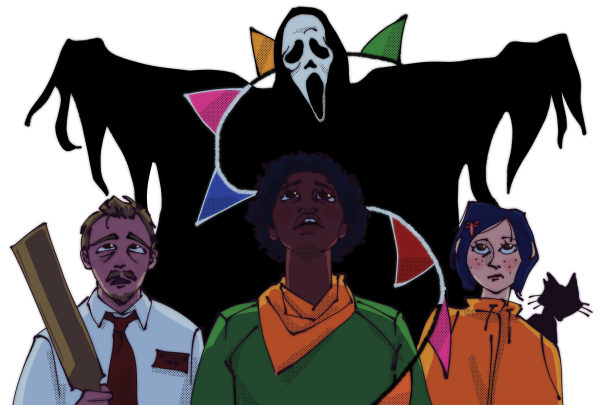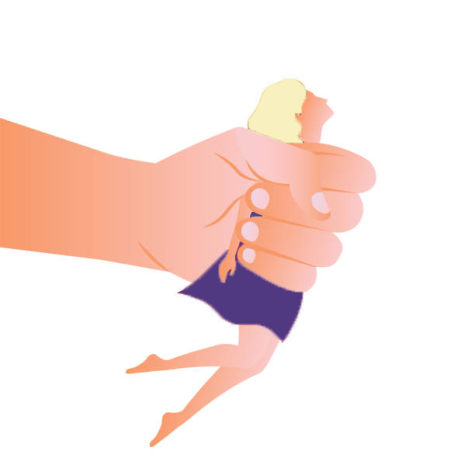The danger of Cancel Culture: How the ‘road rage’ of the internet discourages forgiveness and fosters the mob mentality in our students
March 7, 2020
On Sept. 25, 2018, one of the most subscribed-to YouTubers in the world, Shane Dawson, posted the first of his famous “The Mind of Jake Paul” video series, in which he investigated brothers Jake and Logan Paul — seeking to understand their notoriously shocking attitudes and stunts. At the end of this series, the hashtag, “#ShaneDawsonisOverParty,” surfaced on Twitter, in which an angry internet mob ranted and raved over the fact that Dawson didn’t interview the Paul brothers about their allegedly racist past. During the weekend of March 18, 2019, Dawson was again ostracized after a sexually inappropriate remark he made about his 19-year-old self in a 2015 “Shane and Friends” podcast re-surfaced — despite the fact that he has long been known for his “shock factor” humor.
According to a June 2017 Allure article by contributor Macaela MacKenzie, a 12-year-old MySpace video in which famous YouTuber and makeup artist Jeffree Star made spur-of-the-moment, racist remarks resurfaced, ruining his reputation and sending his Twitter feed into flames. Despite a seemingly genuine apology, many Twitter users expressed their angry opinions on the YouTube star, claiming that even considering the time gap, all roads of alleged racism lead back to him.
These are just three examples of cancel culture, which is a sort of boycott in which a called-out person is thrust out of social and professional circles — a trend recently occurring on Twitter, but not necessarily specific to it. Although YouTubers, in recent years, have been subjected to it, cancel culture has led to the demise of multiple politicians, artists and comedians: Kevin Hart, Melanie Martinez, Bill Gates and, needless to say, Kanye West. Cancel culture, in my opinion, is the “road rage” of the internet and a directly toxic form of the mob mentality.
In an opinion article titled, “After #metoo, I’m left confused by ‘Call-Out’ culture,” by The Sydney Morning Herald, a daily Australian newspaper organization, contributor Jenny Sinclair also defines the internet’s cancel culture. “Cancelling doesn’t only mean censoring someone’s crimes; it means a total freezing out of the person and their work, sometimes also known as ‘deplatforming.’ And it seems like every week another artist, writer or public figure is revealed as an abuser of some kind and therefore cancelled,” Sinclair wrote.
As stated in the Inpathy Bulletin, a wellness blog dedicated to giving readers power over their mental health, the mob mentality, “describes how humans adopt behaviors, buy merchandise and follow trends based on their circle of influence,” explaining how one’s perspective on a certain topic can be shaped by those around them. It’s quite simply peer pressure.
According to Lincoln Southeast High School Psychology teacher Kirk Svendsen, the mob mentality stems from multiple things. “Sometimes, when people get into large groups and there’s any sort of emotional feelings, people can lose self-restraint because they don’t feel as individually accountable,” Svendsen said. “They feel as though they can hide amongst the group and therefore, that will lead to people taking positions sometimes that may go against things they would normally do.”
In the case of cancel culture, this is spot-on. Individually, people all have highly emotional opinions on hot-button issues, such as racism, and as is socially acceptable, these opinions are generally against discrimination. Therefore, when given a mass platform to express these opinions against one celebrity who seems to have offended these deeply rooted values, such as Twitter or a YouTube comment section, the average person doesn’t feel as though they are necessarily the one nail in the coffin for that celebrity.
Now, for clarification, this is not to say that racist, misogynistic, sexually inappropriate comments and other offensive remarks are to be excused. In fact, it is quite the progressive sign of the times that many people have reacted so strongly against racism — Look how far we have come. Sometimes, there is a line where we perhaps, maybe, really shouldn’t be following a public figure — one who repeatedly, unapologetically offends mass amounts of people in personal and highly impactful ways. However, this line is and well, should be drawn based on individual perspective rather than in largely populated Twitter circles rooted in hate and not forgiveness.
In fact, many of these celebrities, including Dawson, Star and James Charles, have apologized in the wake of the destruction they caused, attempting to amend some of their mistakes and redeem themselves. After a few 2009 and 2011 homophobic Ttweets re-surfaced from Hart’s Twitter, he was told to apologize or he would be forced to step down as the 2018 Oscars host, and he was. In response, he Tweeted, “I sincerely apologize to the LGBTQ+ community for my insensitive words from my past. I’m sorry that I hurt people… I am evolving and want to continue to do so. My goal is to bring people together, not tear us apart.”
However, these apologies are not always met with forgiveness. Brushing aside Star, Dawson or Hart’s apologies at the click of a Twitter post is akin to denying the fact that we haven’t made mistakes in the distant past which haunt our every thought either.
“Once the ball starts rolling, it’s really hard to get it rolling back the other way. That’s very much the case with the mob mentality,” Svendsen said. “Once you’ve got that many millions of people making statements all in the same fashion, it’s a bit tough to get the ball going back the other direction.”
Also according to Svendsen, one of the reasons why forgiveness is sometimes delayed is because people are fearful of how the unforgiving ones would view them. “If I forgive, will the mob then disapprove of my forgiveness — and then, therefore, do I say nothing to avoid disapproval?” Svendsen said.
Within cancel culture and the mob mentality lies the concept of conformity. As stated in Psychology Today, conformity is the, “Ttendency for an individual to align their attitudes, beliefs and behaviors with those of the people around them,” and there are two types: normative or informational. Normative conformity is the tendency to behave in certain ways in order to be accepted by the group.
“So, sometimes, the [accusers] think that making certain statements or comments will gain approval from mass amounts of following, especially on social media, where there are so many followers,” Svendsen said.
In fact, that is one of the reasons that cancel culture is such a popular concept in our day and age. Even though the cancellers are behind a phone or computer screen, their names are still behind these posts in order to gain approval from the group, jumping on the bandwagon in order to follow the cause against racism or misogyny, for example.
According to an article in The New York Times titled, “Obama on Call-Out Culture,” written by contributors Emily S. Rueb and Derrick Bryson Taylor, during the 2019 Obama Foundation summit, former President Barack Obama objected against cancelled culture, claiming that those who are seemingly “politically woke” and wholly “pure” should come to their senses.
“The world is messy. There are ambiguities,” Obama said. “People who do really good stuff have flaws. People who you are fighting may love their kids, and share certain things with you.”
Now, this — this is exactly my point. This is not to say that we are to approve of and allow injustice to go on. This is to say, however, that our way of making change is absolutely not to proclaim judgement on others as often as possible — especially not over a screen. In fact, this is not activism, but rather the simplest form of counter-productivity. Because cancel culture is such a buzz word in teenage circles today, this is also to say that we have become less forgiving.
Even if they were justified, these internet cleansings often don’t even work. Many celebrities, such as Dawson and Star, are easily able to bounce back from these Twitter mobs, dominating the limelight once again. Should one believe that a public figure has done enough damage to be taken out of the spotlight, it’s going to take a lot more than a few retweets and a meme here or there.
“People have to be a lot more careful and actually make sure they’re well-informed about something before they start offering up an opinion, and even then, I would be careful in judgement,” Svendsen said.
Cancel culture can become dangerous, because it is often holding current-day celebrities accountable for actions that they made many years ago, assuming that their attitudes about a sensitive topic have not changed. As a result, our society is led to believe that our role models are not capable of genuine change, and therefore, our peers may not be as well — cultivating a stagnant environment which only fosters hostility.
Cancel culture is real and can destroy lives behind the screens, even the ones of those we think of as invincible: celebrities. An article from Forbes titled, “Social Media And The Mob Mentality: How We Can Fight It,” written by contributor Jeanne Croteau, asks us to, “Get comfortable with standing out,” instead of succumbing to the mob. After all, we do live in one of the most individualistic countries in the world.
It should come as no surprise to you and I that none of us are immune to imperfection. To top that off, most of us, as average students, do not have our every move under the spotlight — or in the case of these makeup artists, under the ring light — and scrutiny of hundreds of thousands of eyes. Before we jump on the bandwagon of cancel culture, it should be acknowledged that if our entire lives were consumed by cameras, comedy and Twitter’s interpretation of us, we’d slip up a couple of times, too.

